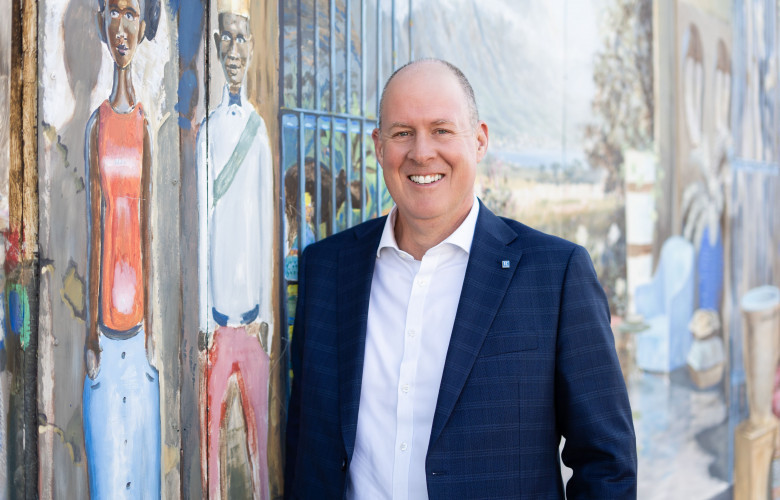Despite increase in quarterly CPI there are positives - REIA
Contact
Despite increase in quarterly CPI there are positives - REIA
ABS data shows that the Consumer Price Index (CPI) rose 1.2 per cent in the September 2023 quarter and 5.4 per cent over the twelve months.
ABS data shows that the Consumer Price Index (CPI) rose 1.2 per cent in the September 2023 quarter and 5.4 per cent over the twelve months.
“Whilst this is up on the June quarter of 0.8 per cent, the annual increase is down on the June figure of and 6.0 per cent and is the third consecutive quarter of annual decreases, as well as the lowest since March 2022 confirming a downward trend in the rate of increase,” said REIA President, Hayden Groves.
Mr Groves said the important analytical series of trimmed mean, which excludes large price rises and falls, was 5.2 per cent for the year compared to 5.9 per cent for the June quarter. This is the third consecutive decrease in the quarterly annual figure and the lowest since the September quarter 2022. Similarly, the weighted mean analytical series shows the third consecutive decrease in the quarterly annual figure.”
“Further, annual inflation for services which has remained sticky and has been of concern to the RBA eased for the first time since December 2021 with an annual increase of 5.8 per cent compared to 6.3 per cent for the twelve months to the June quarter.
“The most significant quarterly price rises were automotive fuel, up 7.2 per cent, rents up 2.2 per cent, new dwellings purchased by owner occupiers, up 1.3 per cent and electricity up 4.2 per cent.
“Rents rose 2.2 per cent, following a 2.5 per cent rise in the June quarter, and an annual increase of 7.6 per cent – the largest increase since 2009.
“The increase in rents this quarter was moderated by changes to Commonwealth Rent Assistance with the maximum rate available for assistance increased by 15 per cent on top of CPI indexation. This is the largest increase in Commonwealth Rent Assistance for 30 years and is something the REIA has advocated for a long time.
“With the CPI having peaked late last year as was forecast by the RBA and trending down, it is time for the RBA to stop further increases on interest rates and wait for further data on the economy. Spending is declining and real household disposable incomes have been cut. Even though the unemployment rate for September remained unchanged at 3.6%, monthly hours worked decreased and full-time employment decreased with 53,200 full-time jobs being lost since June. We need to avoid the serious risk of stalling the economy,” concluded Mr Groves.





